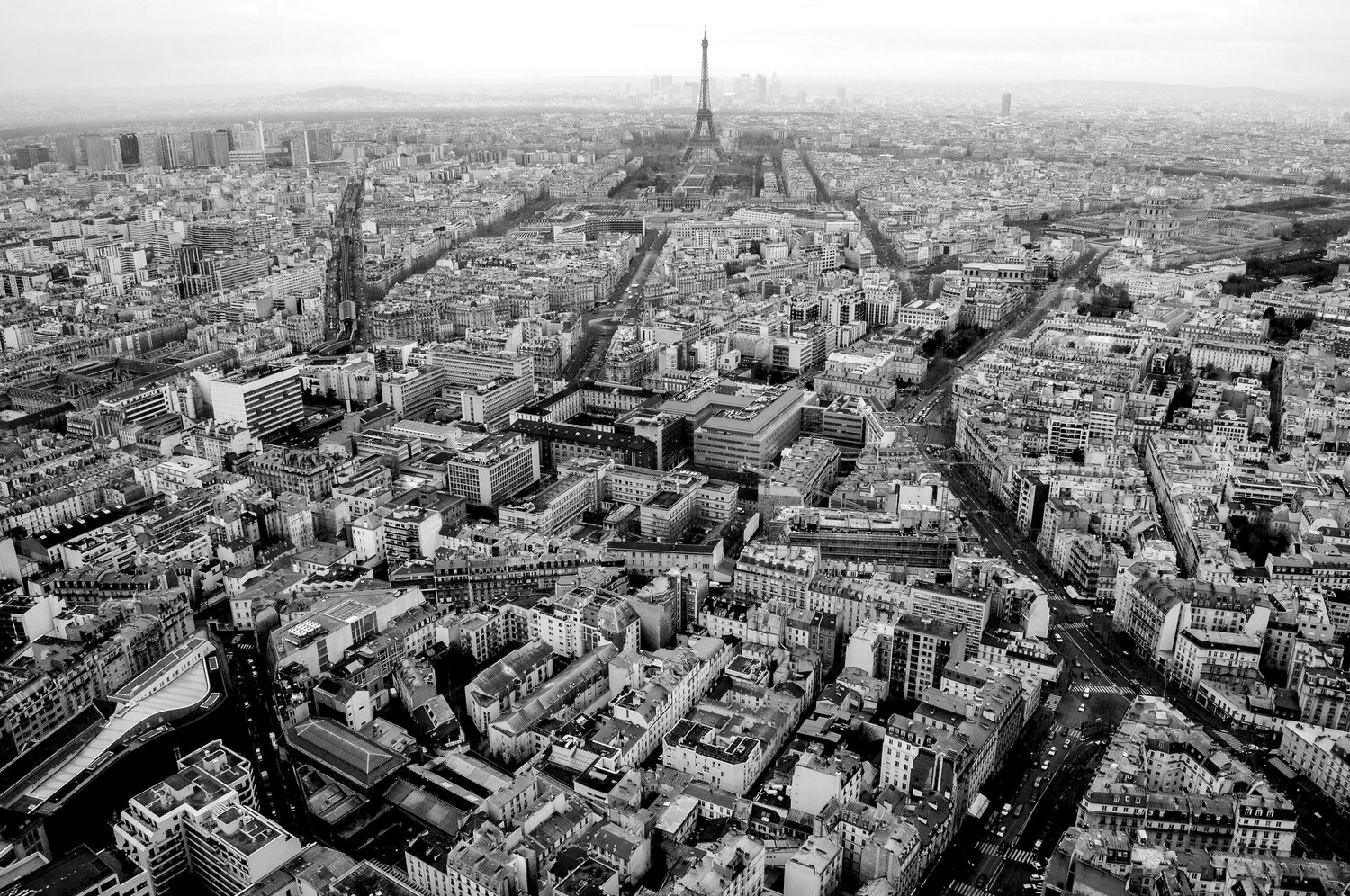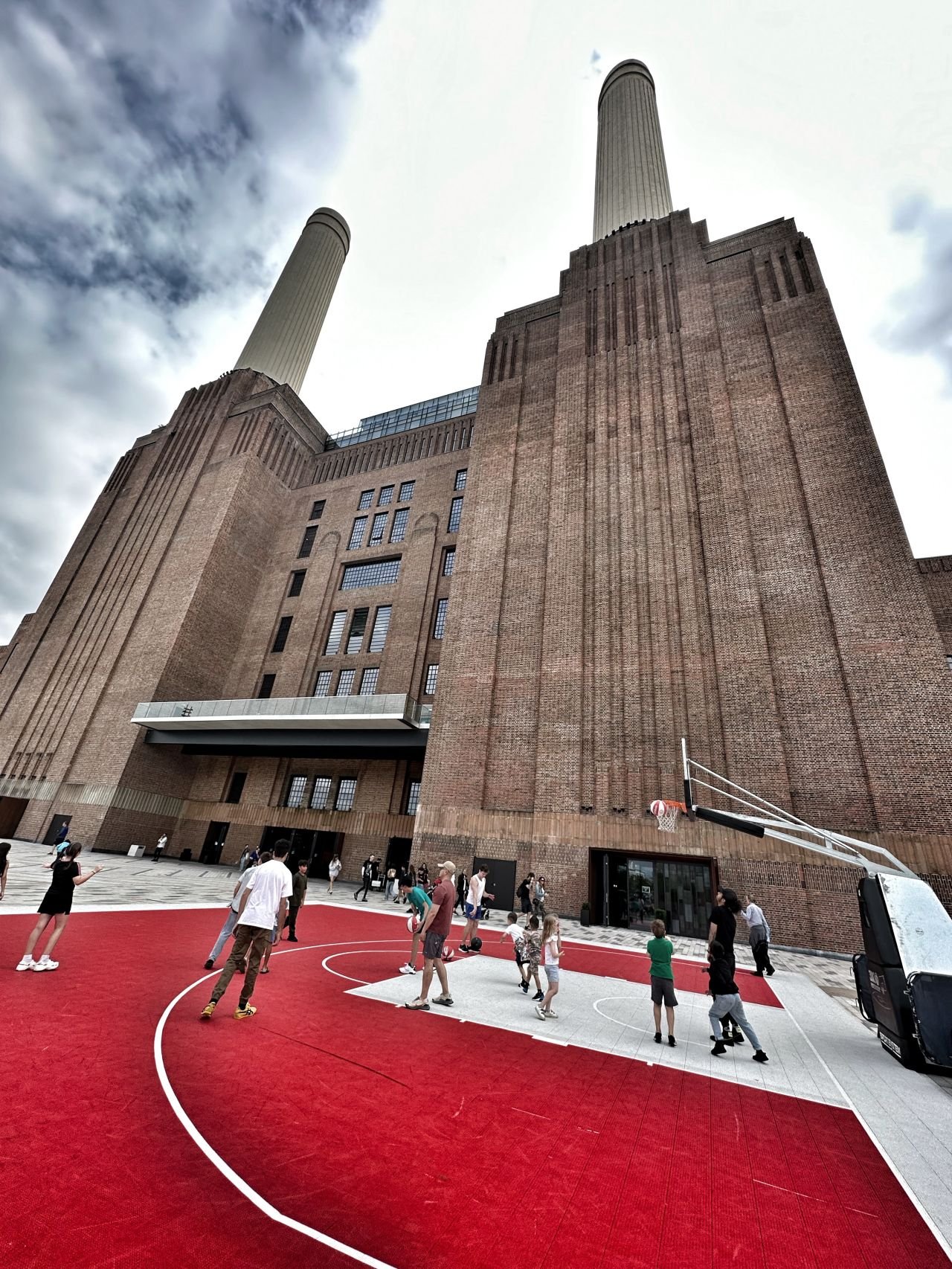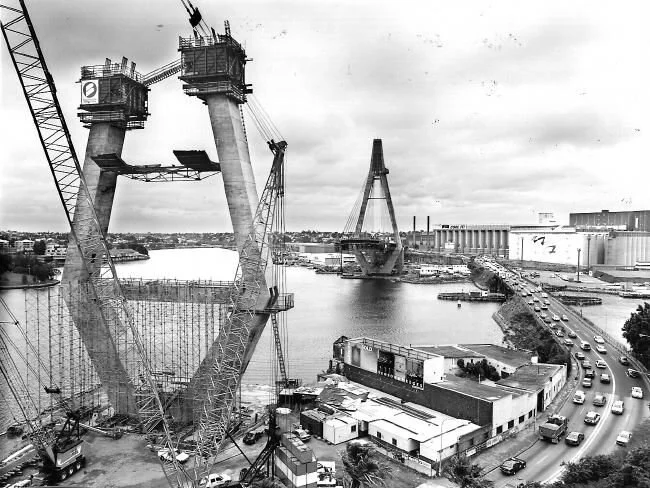Growing up, I always connected the bands and music I loved to the places they came from. To me, The Strokes epitomised New York City, the Rolling Stones were London, my favourite punk bands represented San Diego and LA, and of course New Order and Joy Division typified the ex-industrial, northern England powerhouse of Manchester.
I hadn’t ever really thought about this concept until last year on a trip to Copenhagen with Mali. Hanging out in Vesterbro, we learned that this part of the city was - and still is - Europe’s answer to New Orleans. As we walked around, Jazz music was pumping from the bars and down the streets. How was it that this neighbourhood hundreds of miles from its traditional US roots had become a centre for Jazz?
Then and there, Mali and I decided that not only was ‘Music and Cities’ a cool idea to explore, but with Mali being a musician and me an urbanist, it would bring our interests together, and hopefully let us explore some cool places.
A few months later, the awesome guys and girls at Bench had given us loads of support, we had a rad production crew on board, and were off to Manchester to learn about the city and its music.
I always had an image in my mind that Manchester was a harsh and raw sort of place. As our train crept up from London, into Stockport and then Manchester’s southern neighbourhoods, I could already begin to understand why I had imagined the city this way.
The huge warehouse blocks spread into the distance and the old red brick factories were reminiscent of the industrial years I’d learned about in high school history. The place looked un-polished and real, just as I’d hoped it would.
Manchester’s music scene is commonly associated with well-known names like The Smiths, Stone Roses, Oasis, Joy Division and Factory Records, as well as dudes like Graeme Park and Clint Boon who were instrumental in developing club culture - first in the city, and then across the world. But as we’d soon learn, there was so much more to Manchester’s music scene than seen on the surface.
While rock and indie continues to thrive, music in this city has never had a distinct style or genre. Instead, the common-thread throughout Manchester’s music scene is an attitude and way-of-thinking.
The Mancunian spirit is not about following other’s ideas, or old rule books – its about doing things in a unique way, and usually with a ‘fuck you’ attitude.
As we watched Isaac, the lead singer of Not Hot Ashes, throw himself to the ground in what would normally be considered an intimate and quirky music venue, it was clear that the Mancunian spirit was well-and-truly thriving in even the young generation. This spirit has no doubt come from its past, with the city having always succeeded by creating something from nothing.
The Northern Quarter, tucked inside the city centre, was in the early 20th century, the heart of the city’s industrial revolution. Filled with factories, warehouses and markets, its streets were lined with thousands of people, rich and poor, trying to create success in one of the world’s most prosperous cities.




Only a few decades later however, this was all set to change. Manchester was badly bombed in World War II and technological change meant that hardcore industrial machinery was no longer the backbone of the English economy. With no need for huge factory spaces, the inner core of Manchester no longer resembled a modern, advanced city, but more like something of a deserted dystopia.
Thousands of people had left the run-down inner city, and took off to the suburbs. But of course, in line with the spirit of Manchester, it didn’t take long before its failure, became its next success.
As we sat in a beautiful ex-warehouse office space, urbanist David Rudlin told us, “In the 70’s Manchester was Detroit. You could get stuff pretty much for free… But one of the things that makes cities creative is the opportunity to experiment, which means you need space which is cheap,” he continued, “but when you get a reputation for being a creative quarter, you attract more creative people.”
The demise of the city meant there was loads of free space for people to experiment, be themselves, and break-down traditional career norms by making something, from seemingly, nothing. People were doing their own thing, in their own way, and this was exactly what enabled Manchester to become one of the most creative cities in the world.
Me and Mali-Koa Hood hanging on a Mancunian rooftop
What we learned from David was echoed by the urbanists and musicians we continued to meet.
As we walked with the legendary Graeme Park amongst huge 19th century factories, which were now leased by trendy cafes and retailers, he told us about the former Hacienda nightclub, which is now considered the birth of clubbing culture. Nothing more than a disused warehouse in the ‘80s, The Hacienda gave young creative’s a cheap place to connect with one another, make music, share ideas and, of course, party. It seems these are the crucial ingredients to a developing successful idea in the city of Manchester.
But as we learned, it wasn’t just the city’s musicians and creatives who were able to make something new. It was the urbanists too.
Wearing a heavy set coat and moustache to match, Tom Bloxham doesn’t look like your average smug property developer. Rather than just cashing in on cheap property, Tom was instrumental in regenerating entire areas of the city by buying up derelict, disused buildings and turning them into beautiful, creative and inspiring places. As Clint Boon put it best, “Tom Bloxham was inspired by the punk spirit”.
Similarly, Ross McKenzie decided that selling records in the market was cool, but starting his own bars and clubs in the city centre would be even better. It wasn’t long before he was one of the biggest names in the city’s music venue scene.
As we continued to meet some of the biggest names in Manchester, it was clear to us that while its music scene is best known from the '80s and early '90s, it’s creative edge is unlikely to die for generations to come.
But maybe it was Ruth Daniel, a young cultural producer and social entrepreneur, who taught us the true importance of the Mancunian spirit. We learned the city’s ability to succeed isn’t just about the making good art, music or money, but its about ensuring that everyone has the ability to succeed. It’s not about who or what you know, but it’s about having confidence and drive to do things differently and better than others before you. People from all kinds thrive in this city because they’re not afraid to do it their own way.
I guess Ruth put it best when she told us, “people want to break the rules here, and I love that about Manchester”.
Mali and I were amazed at what we’d learned simply by asking people how music the city had influenced music – and vice versa... I guess our interests aren’t that different after all.
The people we met and the places we saw on our first stop blew us away. Thanks loads everyone. Next up - Paris!






















